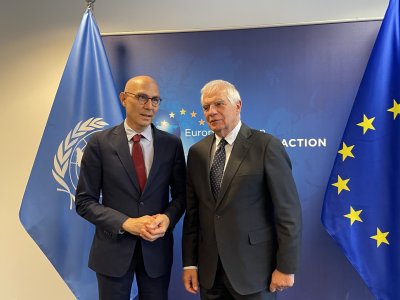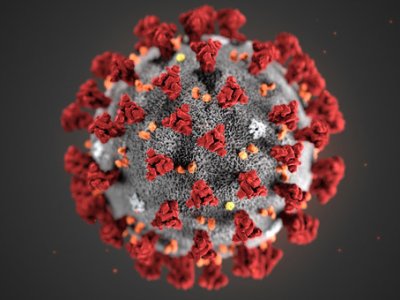NEWS
Between 18 and 20 July, 2023, the UN High Commissioner for Human Rights Mr. Volker Türk visited Brussels for his first visit in his current capacity, for the annual OHCHR-EU Strategic Engagement.
On 27 July, the Anti-Racial Discrimination Advisor (ARDA) sustained meeting with anti-racial discrimination expert from Human Rights Watch.
On 13-14 July, 2023, the United Nations High Commissioner for Human Rights Mr. Volker Turk joined the United Nations Secretary General and the UN delegation for the UN-EU High level dialogue.
On 1 June, the UN Human Rights Office for Europe launched its My Pledge campaign inviting people to share their commitment for human rights on social media.
The EU and the Office of the United Nations High Commissioner for Human Rights (OHCHR) held their first Strategic Dialogue yesterday in Brussels.
On 24 June 2020 the UN Human Rights Regional Office for Europe and the European Commission - Development & Cooperation - EuropeAid organised a joint webinar -Building Back Better: How to place human rights at the center of the Covid-19 response in the global South?
While homelessness is certainly not a new phenomenon, the inequalities exposed by the COVID-19 pandemic in access to housing, in physical and mental health, and in the area of work can no longer be ignored.
The UN Human Rights Office welcomes the political momentum by the EU institutions to tackle homelessness, including the leadership demonstrated by Commissioner Schmidt and the landmark resolution adopted by the European Parliament in January 2021 on decent and affordable housing for all. We welcome the adoption of the European Platform on Combating Homelessness (the Platform) as part of the Action Plan to implement the European Pillar of Social Rights.





